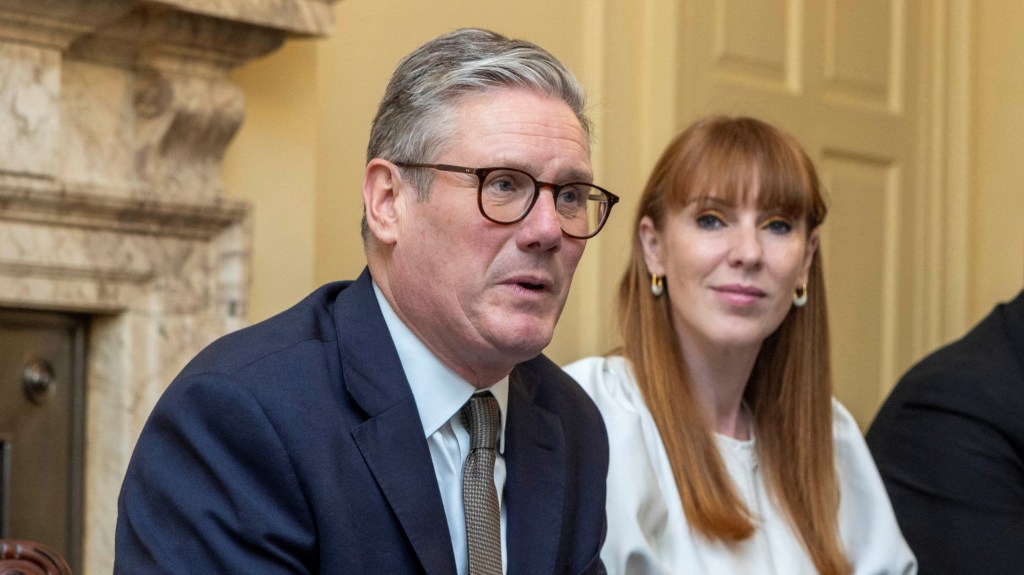Insights on Profitable Growth in Insurance Sector
Steve Hardy, the 61-year-old chief executive of Policy Expert, leads one of the UK’s rapidly expanding insurance brokers, focusing on home insurance for locations beyond London. The company collaborates with its insurance partner, Accredited, leveraging proprietary technology to evaluate the risk profiles of potential clients, primarily through price-comparison websites.
Founded 13 years ago, Policy Expert has amassed 1.5 million customers and employs a workforce of 1,000. A significant milestone occurred last November when the Abu Dhabi Investment Authority took a majority stake in the firm, which propelled Policy Expert’s revenues to over £157 million in the fiscal year ending March, with pre-tax profits reaching £17 million. This impressive growth piqued the interest of private equity firm Cinven, which agreed to acquire a 50% stake in September to further accelerate the company’s expansion strategy. Moving forward, the firm aims to enhance its car insurance offerings while also initiating a pet insurance product line.
Focusing on Targeted Sales Channels
Policy Expert opts to exclusively sell its policies through price-comparison websites, setting itself apart from many competitors that pursue direct business, establish partnerships with banks, or sell through brokers.
The firm has developed products tailored for this specific channel, being the first to introduce a tiered insurance offering categorized into bronze, silver, and gold options for homeowners—a model which has since been widely replicated. This strategic approach emphasizes clear market definition, targeted product design, and effective customer service delivery.
Understanding Our Customer Base
The typical Policy Expert customer resides in a standard construction home, generally comprising up to five bedrooms, located in the industrial regions of England, Scotland, and Wales.
Notably absent from targeting London, the company strategically avoids properties prone to risks such as subsidence, particularly those built on clay-rich terrain. Moreover, they do not cater to high-net-worth individuals, as they are not equipped to offer customized services for distinct properties like country mansions.
The Importance of Strategic Focus
A primary challenge as the company expands is avoiding the common pitfall of attempting to cater to a broad audience, a route that could homogenize its offerings with those of conventional players.
While aiming to double its size, maintaining this strategic focus remains a critical concern for Hardy. Rather than fearing competition from established industry giants, he is more apprehensive about emerging start-ups that might innovate in ways beyond current offerings.
Artificial intelligence has become a focal point, with potential for new entrants to leverage technology in pricing insurance more effectively, underscoring the need for constant vigilance and innovation.
Cross-Selling Strategies for Increased Profitability
Cross-selling is vital for increasing margins since existing knowledge of customer behaviors can be harnessed to create optimal products at competitive prices, rather than competing solely in the price-comparison arena.
Recognizing that many policyholders possess vehicles, Policy Expert aims to transform into the primary insurer for families, thereby expanding cross-selling opportunities, including the imminent launch of pet insurance.
The company plans to extend its scope beyond home insurance while applying the lessons learned regarding focus, discipline, and claims management to additional personalized product lines in the UK market.
The Evolution of Insurtech
The era of indiscriminately acquiring customers without regard for profitability has passed. The insurtech model, which utilizes technological innovations for efficiency gains, faces a significant shift; sustainable growth accompanying profitability is now the new paradigm.
Addressing Climate Change in Home Insurance
As development continues on flood-prone land, the insurance sector grapples with challenges, particularly with the Flood Re initiative—an effort by both government and insurers to support flood zones—which is set to conclude in 2039. This impending deadline emphasizes the urgency of proactive measures related to climate change, especially as severe weather events become more frequent.
The industry must not solely bear the responsibility for affordable insurance solutions. Community-wide collaboration is essential as flooding incidents escalate. While improvements in flood resilience are critical, consumer accessibility to enhancements for residential properties must also be prioritized. For instance, the establishment of flood-resilience certificates, akin to energy performance standards, could significantly benefit homeowners.
Steve Hardy shared his perspectives during discussions with Richard Tyler, the editor of the Times Enterprise Network.




Post Comment